How This Canadian Couple Moved To Japanese Countryside For Just $300 Rent Per Year
In late 2021, a Canadian couple named Mika and Jesse embarked on what many would consider a dream lifestyle – moving into a traditional Japanese house in the remote countryside of Shikoku, Japan’s smallest main island, for the astoundingly low rent of less than $300 (30,000 yen) per year. They documented their journey on their Youtube channel called maigomika.

Their journey began when a local friend discovered the vacant property, which belonged to a woman living next door. After a traditional Japanese exchange of gifts and pleasantries with the owner, they received permission to occupy the house that had stood empty for seven years.
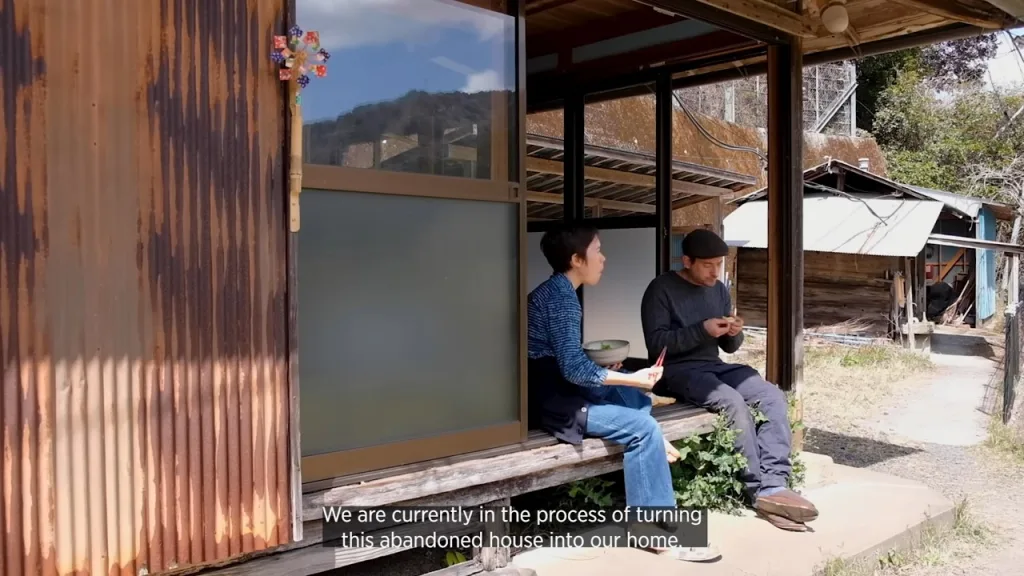
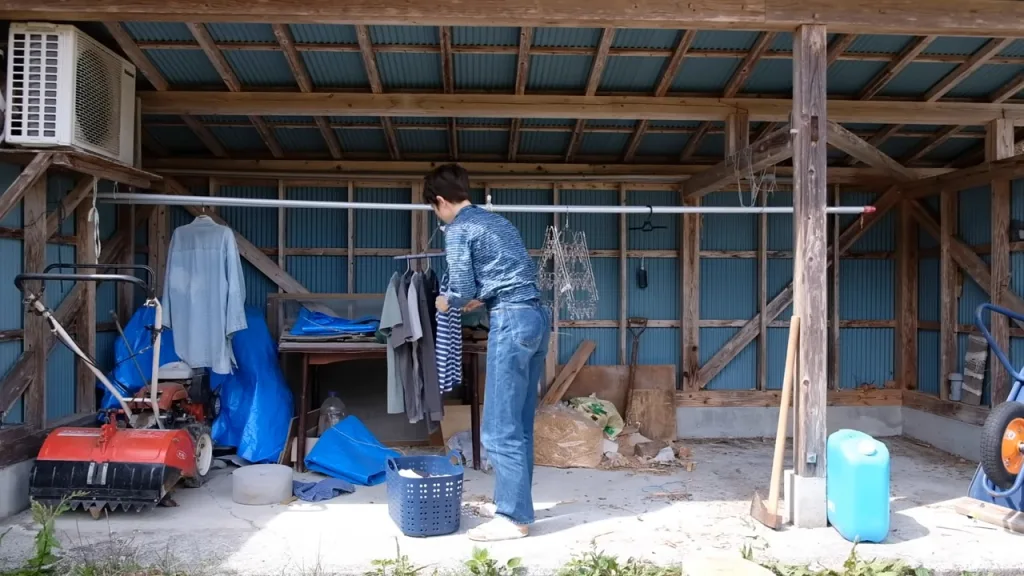
The owner’s two sons, who had grown up in the home, surprisingly welcomed the idea of foreign tenants breathing new life into their childhood residence.
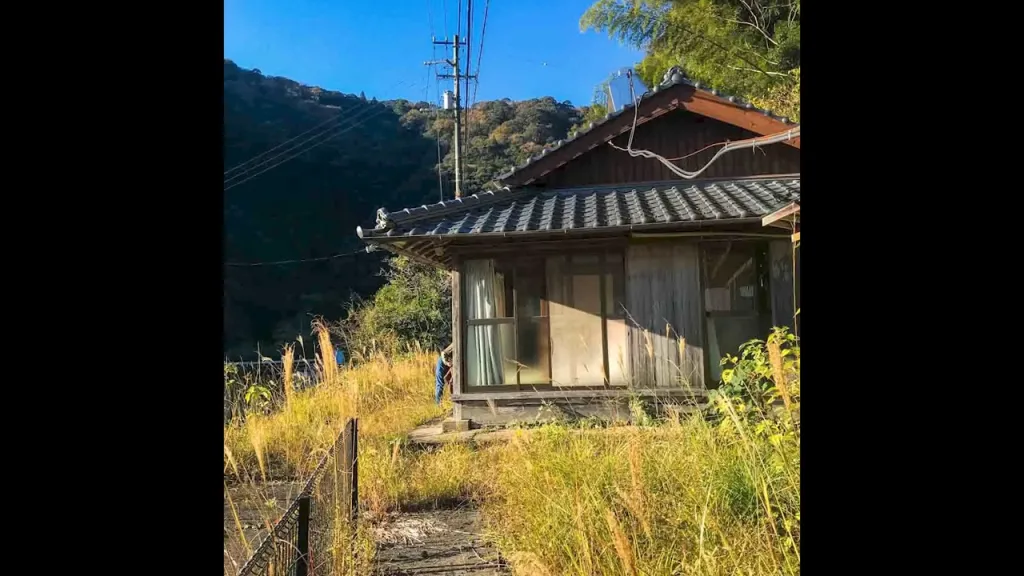

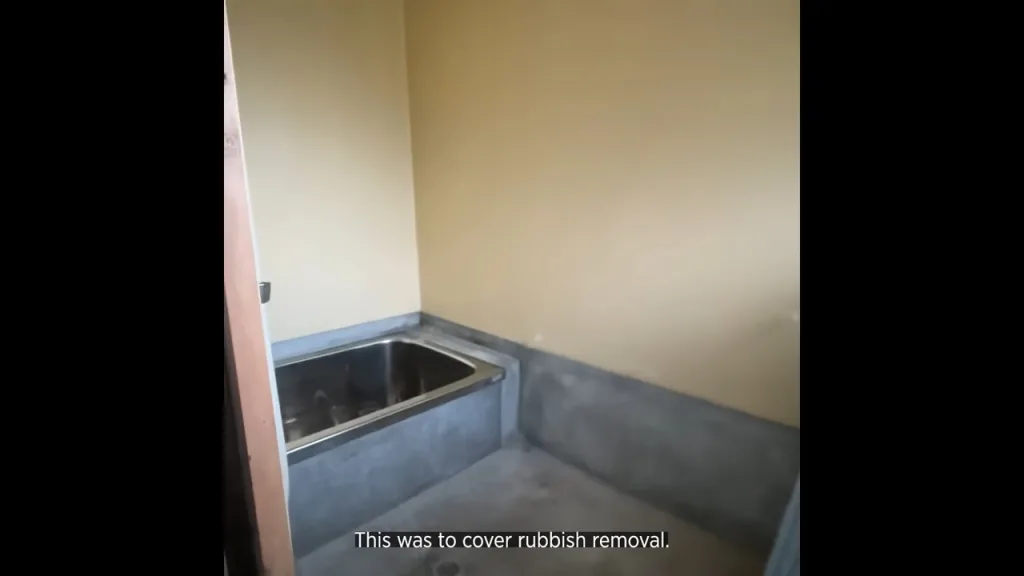
What they inherited was a time capsule – the kitchen still contained seven-year-old food in the refrigerator, and while valuables had been removed, old furniture, bedding, and clothes remained untouched. The brothers showed remarkable generosity when, after the couple handed over their yearly rent of 30,000 yen (less than $300 CAD), they immediately returned one-third of it to help cover garbage removal costs.
The transition wasn’t exactly glamorous. Their first three weeks were spent cleaning, and their initial winter tested their resolve with indoor temperatures matching the outdoor three degrees Celsius. However, they adapted by installing a wood stove and finding comfort in traditional Japanese pleasures like freshly made mochi and soaks in their wood-fired bathtub.
The house, they soon discovered, was far from lonely. They found themselves sharing their space with an entire ecosystem of unexpected roommates – from dramatic encounters with mukade (giant centipedes) to friendly visits from the neighbor’s three-legged cat. Rather than fight against these rural realities, they learned to coexist with their various wild neighbors.
After a year of residing in their countryside haven, Mika and Jesse have begun transforming the abandoned house into a true home. What truly tested their adaptability, however, was the house’s impressive spider population.
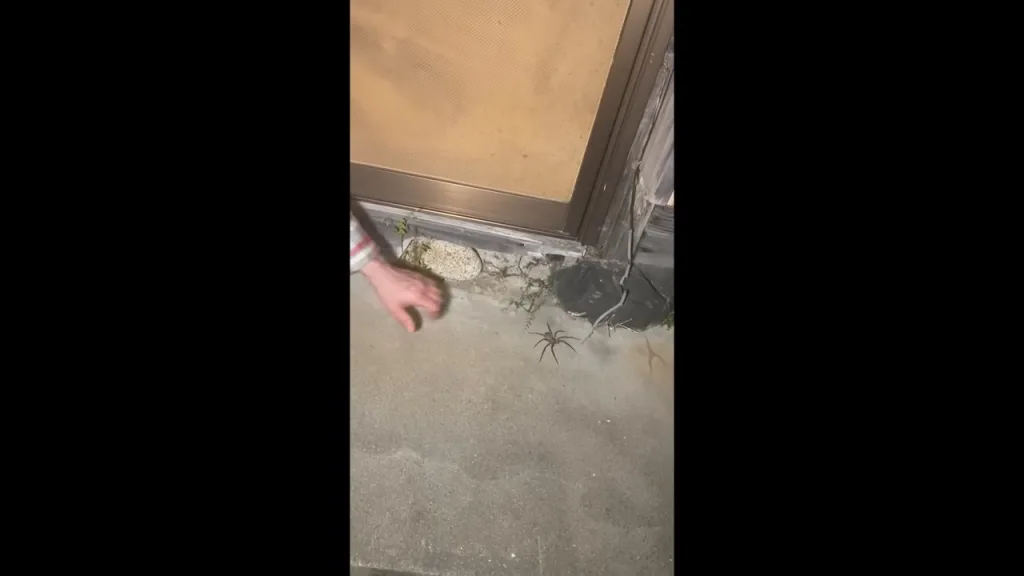
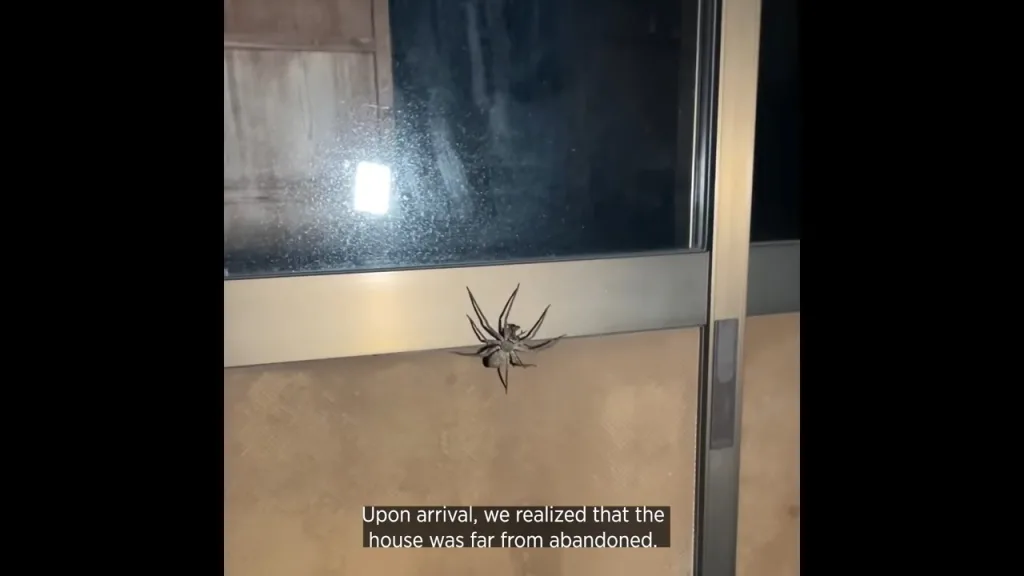
Massive orb weavers claimed entire corners as their domain, spinning webs that sparkled in the morning light streaming through paper-thin shoji screens. Some spiders were as large as a human palm, their legs casting dramatic shadows on the traditional tatami floors.
While initially unnerving for the Canadian couple, they came to view these eight-legged housemates as unofficial pest control, keeping the summer mosquito population in check.
They learned to navigate around the more impressive specimens, giving them names and watching as they crafted their intricate silk architectures across doorways and window frames. It became an unspoken agreement: the spiders could stay as long as they kept to their designated territories.

Their annual housing costs amount to less than what most people spend on coffee in a month – a fact that would make any urban dweller envious, particularly those struggling with skyrocketing rents in cities worldwide. Through their journey, they’re not just saving money; they’re preserving a piece of Japanese cultural heritage and crafting a lifestyle that perfectly balances adventure, simplicity, and authentic rural Japanese living.